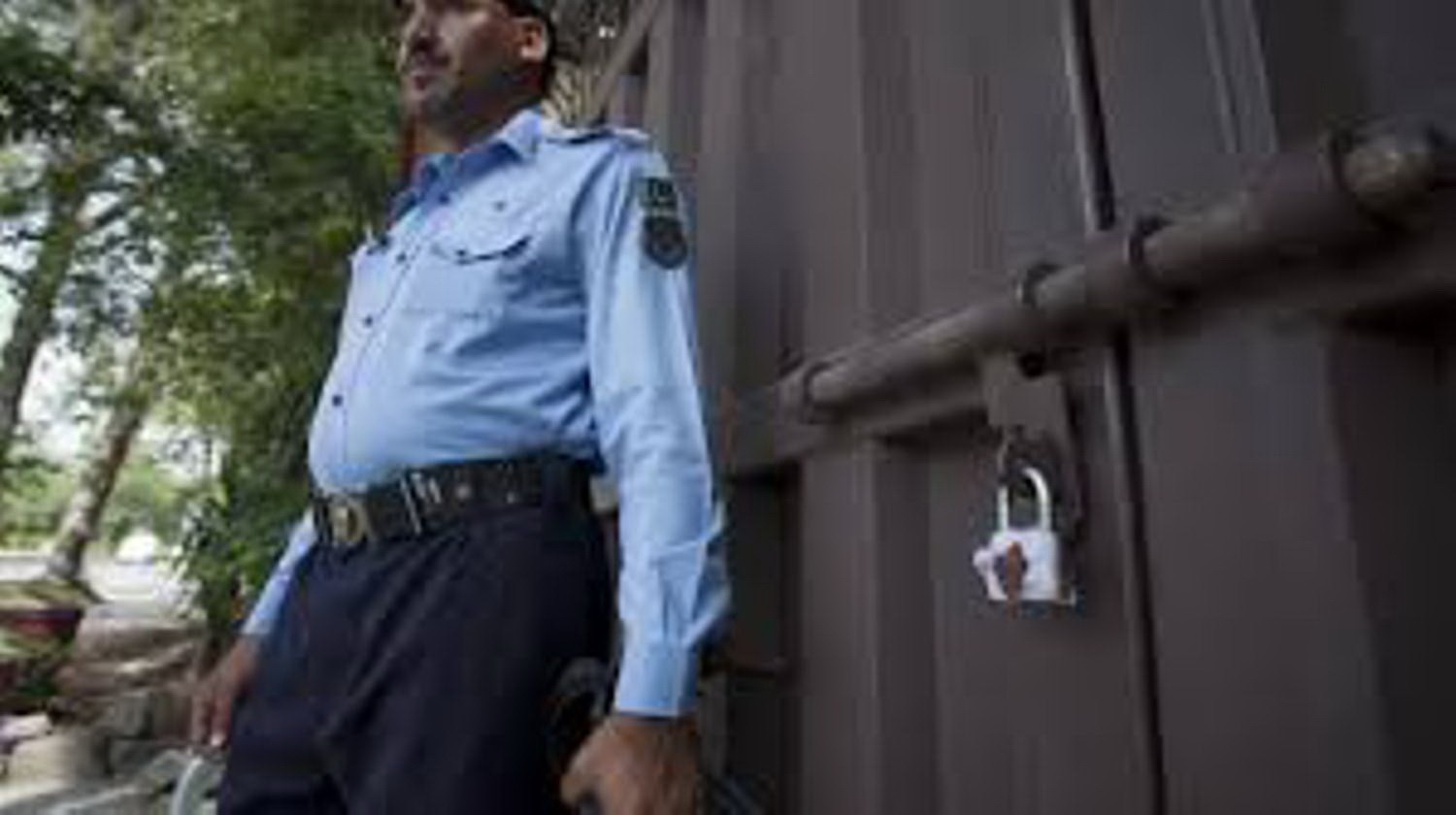
Will the INGOs that have been ordered to pack up reapply for registration after six months?

The 18 INGOs ordered to pack up and leave Pakistan are among the 27 that were given marching orders in December 2017 but they were also given the option of filing an appeal against the decision to the ministry of interior (MoI).
Nine of these organisations left Pakistan without going into appeal while the remaining 18 filed an appeal against government’s orders. Reportedly, their appeals were rejected without giving any specific reason.
Following the government instructions in 2015 to INGOs to register themselves with the MoI, 141 INGOs have applied online so far. Of them, 66 have got the status of approved INGOs of which 63 have signed MoUs with the MoI as well.
These 18 INGOs have no option but to leave and reapply for registration after six months through their head offices based abroad. They have no hopes of getting registered again because they think they cannot build a better case than they already have. They feel helpless because this decision cannot be challenged in any court of law in the country. Unlike in the past, when affairs of INGOs were monitored by the Economic Affairs Division (EAD), now it is the domain of the MoI.
Soon after the announcement, representatives and diplomats of many countries have written a joint letter to Prime Minister Imran Khan requesting him to review the decision. They argue this move will harm the interests of the common people of Pakistan who stand to benefit from the welfare initiatives launched by these NGOs. The PM, who is also the Minister of Interior, did instruct his ministry to look into the matter but there is no progress so far.
The Senate’s Human Rights committee also took up the matter, seeking reply from the Interior Secretary on this issue. Mustafa Nawaz Khokhar, PPP Senator who heads this committee, has questioned the logic of asking these 18 INGOs to wind up their operations without explaining their ‘wrongdoings’. He says that simply claiming that these INGOs were not complying with the prescribed rules is too vague an allegation.
Khokhar also questions the role of the interior ministry in the whole scenario, saying it should have been the domain of EAD because such a major decision could not be taken without the approval of the federal government/cabinet.
The additional secretary of the ministry of interior who appeared before the committee, says the INGOs’ expulsion issue should not be seen in isolation. "It is linked with the war on terror and incidents of terrorism in the country."
The ministry claims the process behind reaching this decision was comprehensive and judicious. It says applications of all the INGOs were examined by a body which had representation of the Securities and Exchange Commission of Pakistan (SECP), ministries of Foreign Affairs and Interior, the Intelligence Bureau, Inter-Services Intelligence, etc.
Under the new policy, the INGOs once registered are allowed to operate in the country provided they have furnished all sources of funding and details of their bank accounts. They should not raise funds locally. INGOs also should not fund local organisations without prior government approval, and their MOUs are valid for a period of only three years, instead of five years previously.
INGOs have been working in Pakistan in the fields of awareness-raising, social mobilisation, infrastructure development, human rights, service delivery, training, research and advocacy, mostly through local partners and in certain cases, on their own. But now their scope will be limited and they will be registered "for specific field(s) of work and specified location(s) or areas of operation, after consultation with the relevant federal and provincial authorities, and in line with their needs and national priorities of Pakistan".
The INGOs facing the axe have been working on issues such as human rights, awareness about civic liberties, political awareness, compliance with international conventions, etc.
Also read: Irrelevant laws
The new policy states that the INGOs shall not engage in money laundering, terrorist financing, weapon smuggling, anti-state activities or maintain links with proscribed organisations. Likewise, it says INGOs shall not take part or assist in any kind of political activities, conduct research or surveys unrelated to their TORs. This, many believe, implies that the state is convinced the INGOs have been doing all this in the past.
Ahmed Nadeem, Head of Communications at Pakistan Centre for Philanthropy (PCP), points out that strict monitoring of INGOs and NGOs is also part of the initiatives against money laundering and terrorist financing which are major global concerns.
While talking to TNS Nadeem says SECP has come up with guidelines in this context and PCP and National Counter Terrorism Authority (NACTA) have conducted training sessions of development sector organisations all over the country on how to play safe. He adds the SECP has developed detailed guidelines with the recommendations of the Financial Action Task Force (FATF) on the prevention of money laundering and terrorist financing by Non Profit Organisations (NPOs).